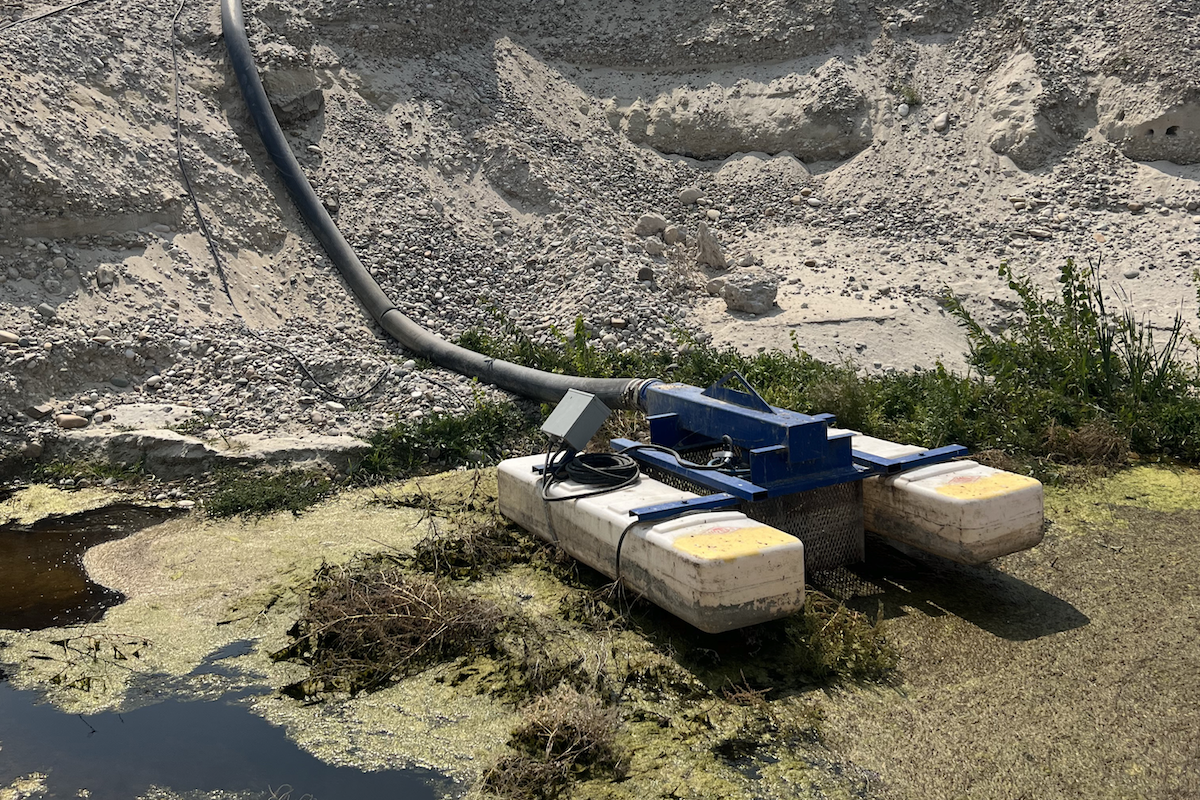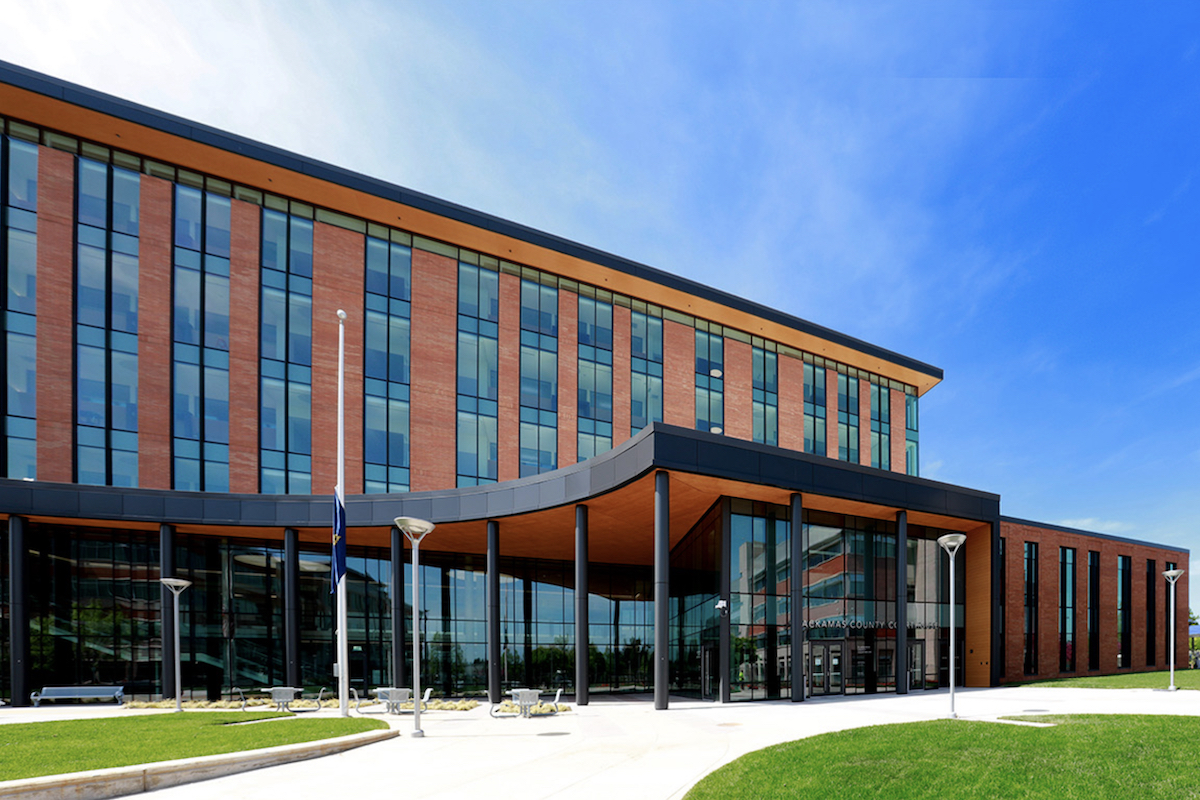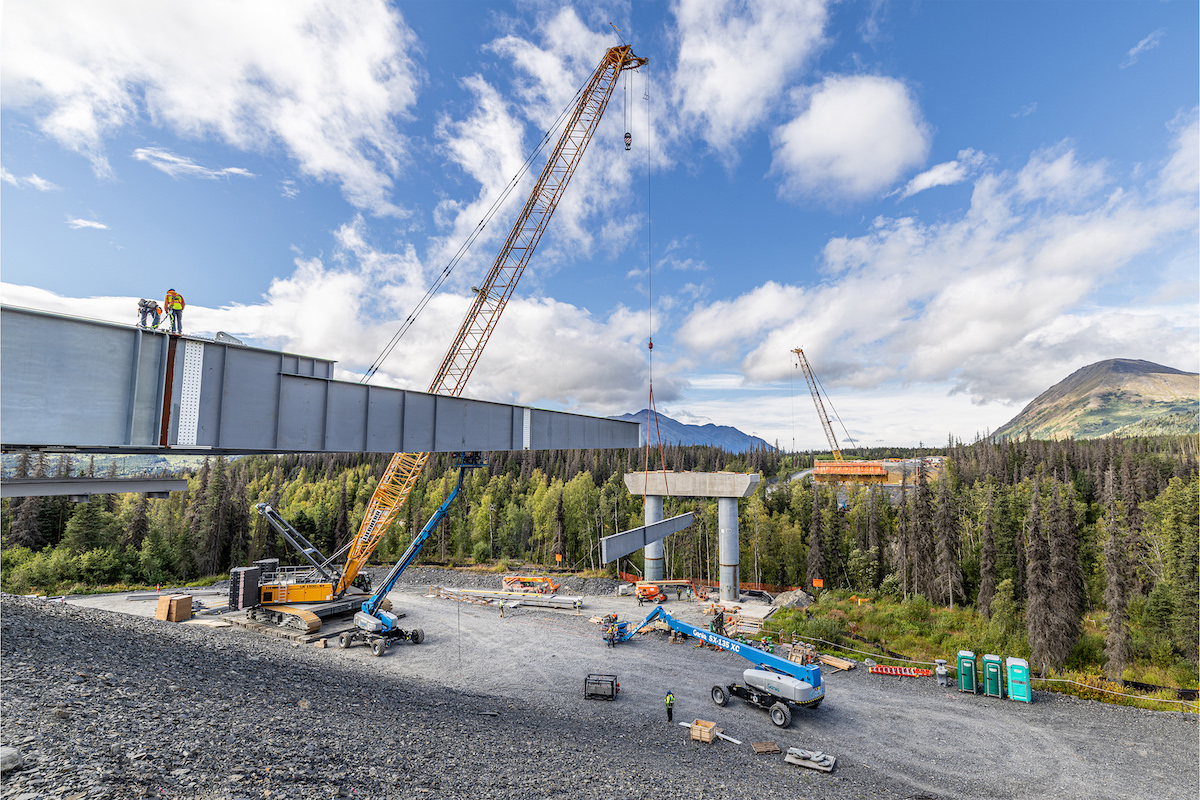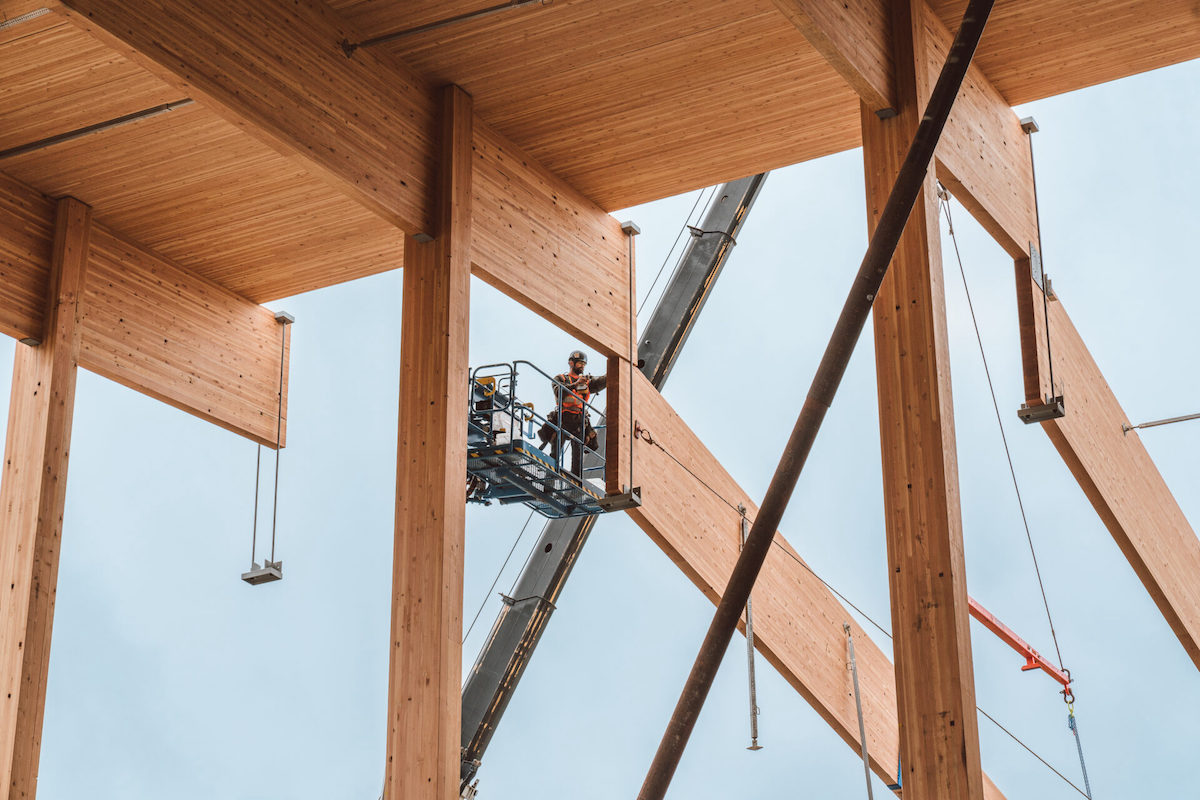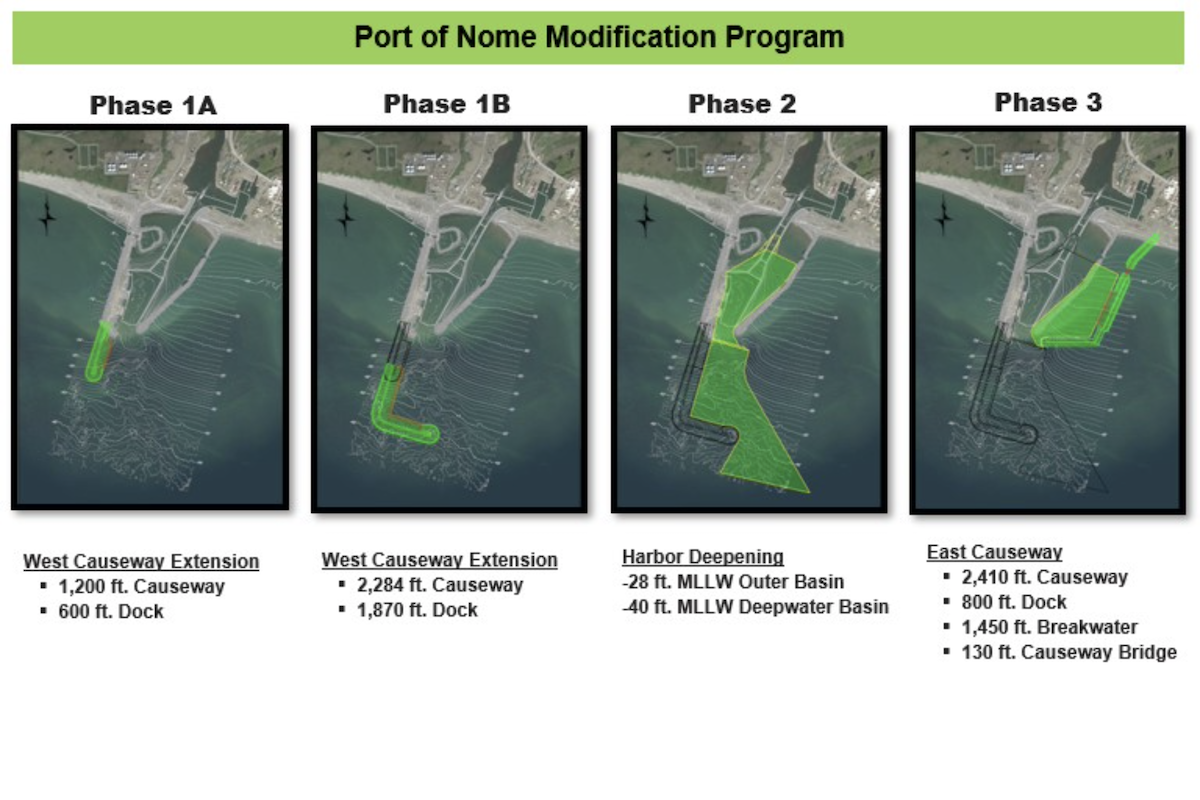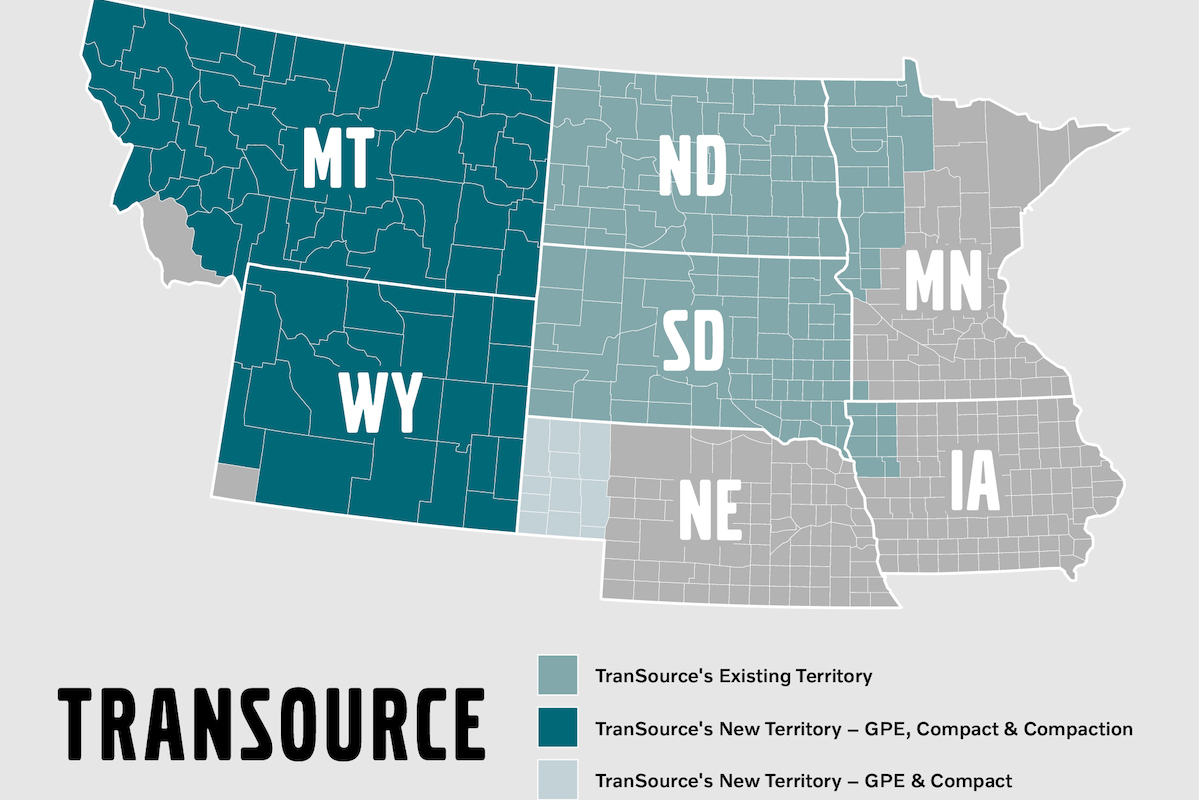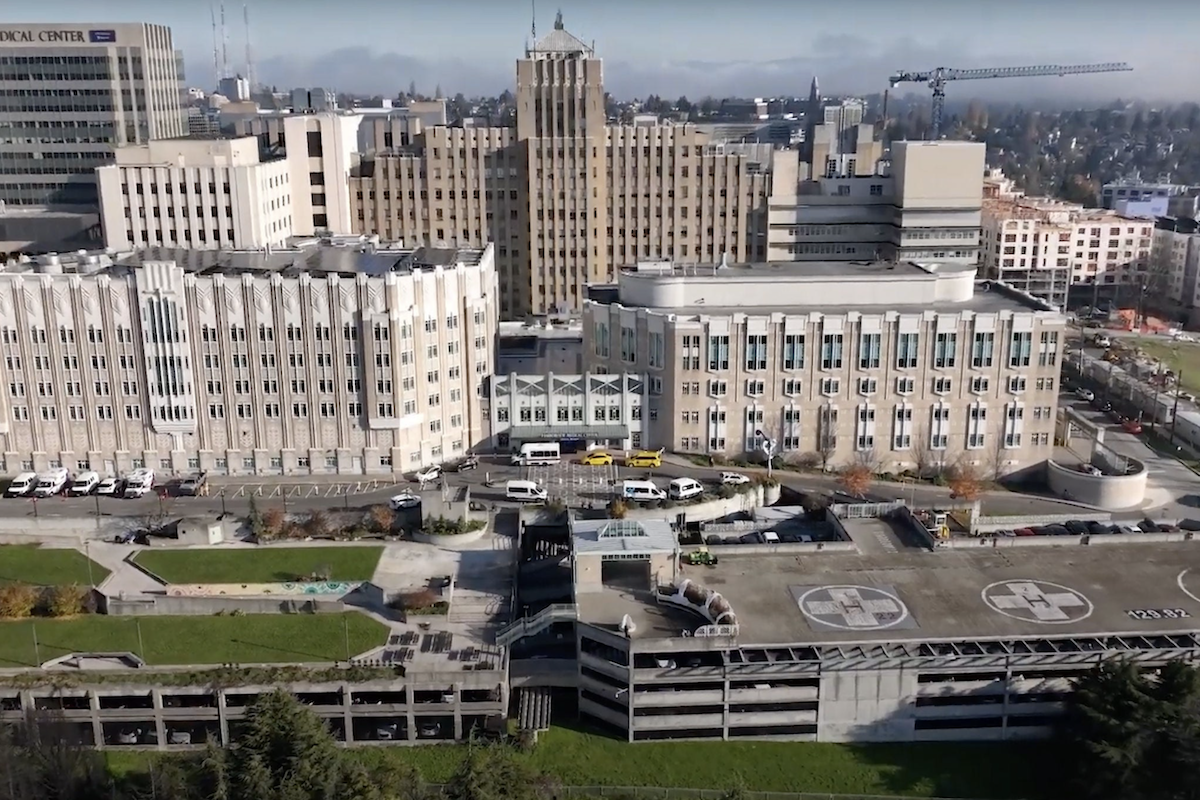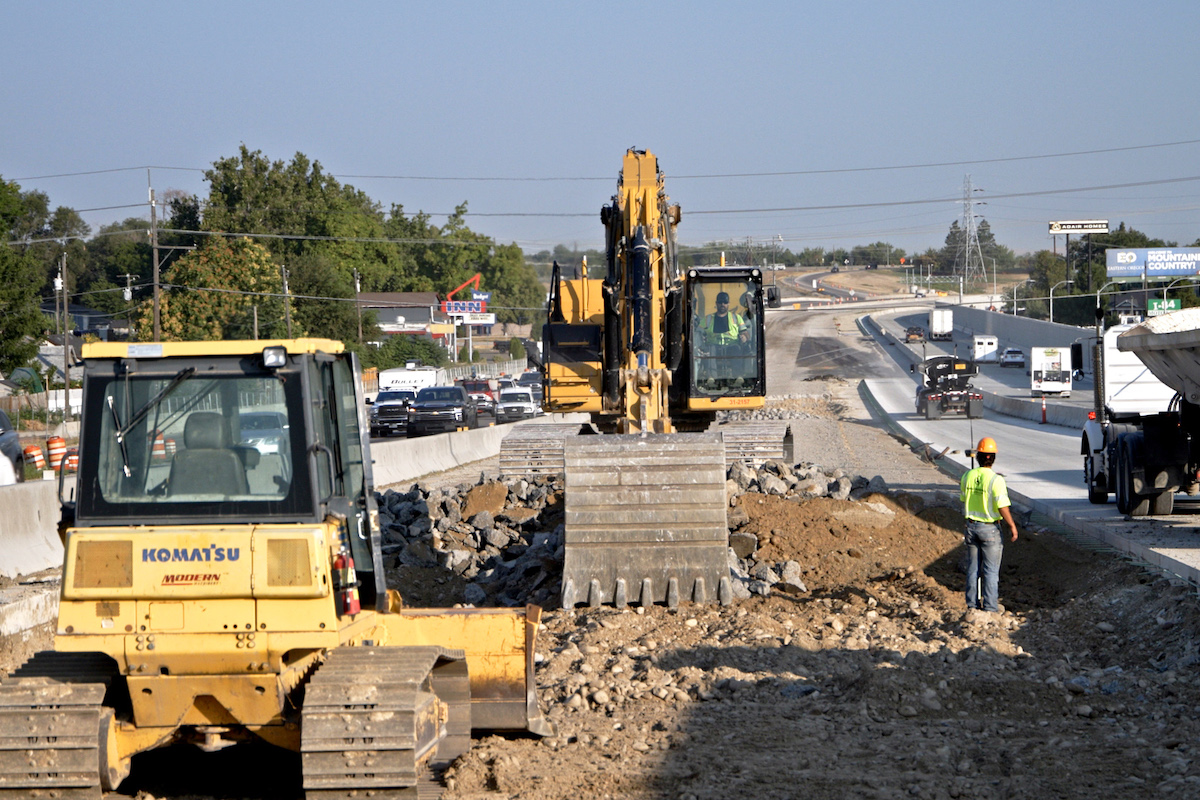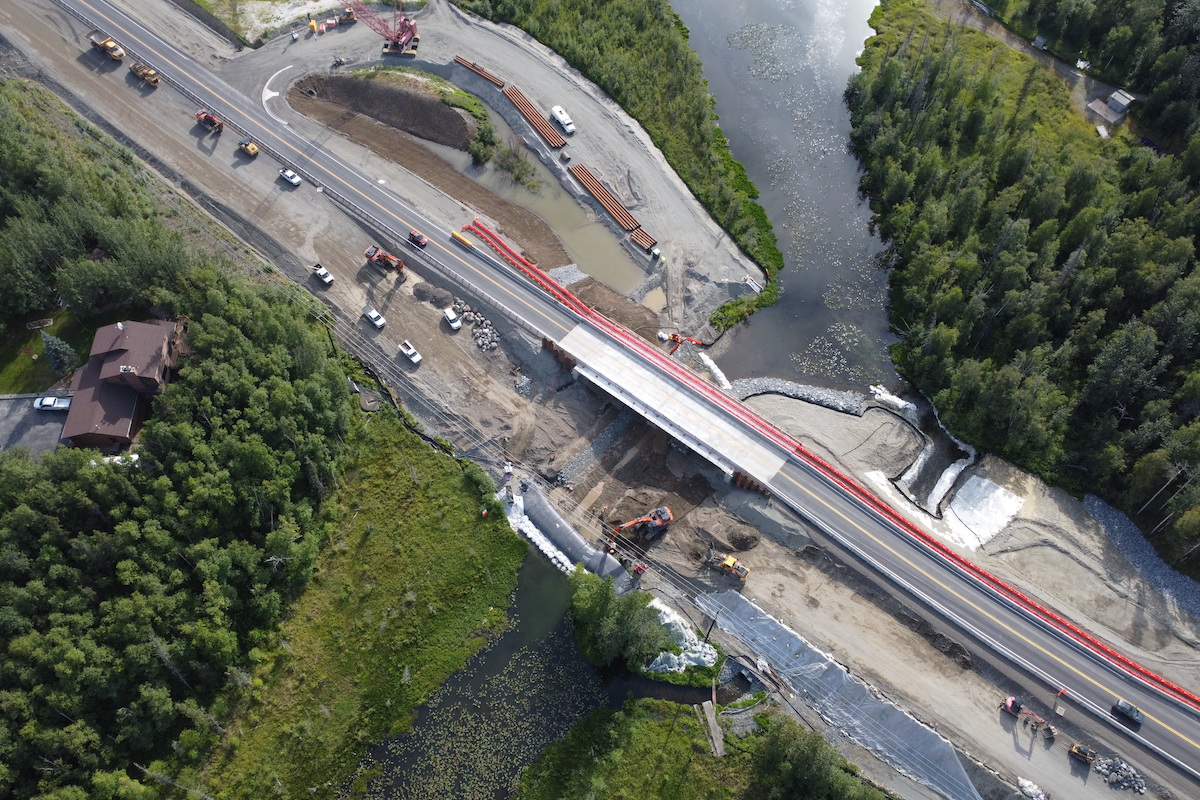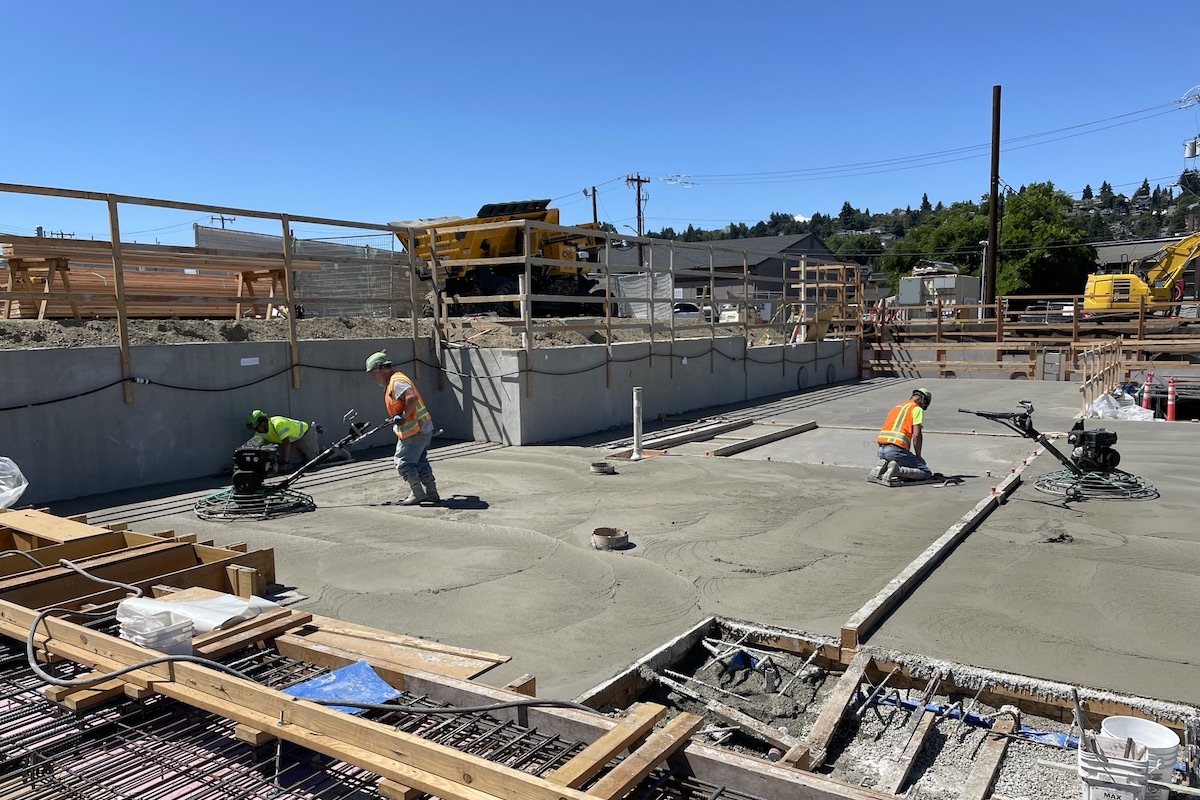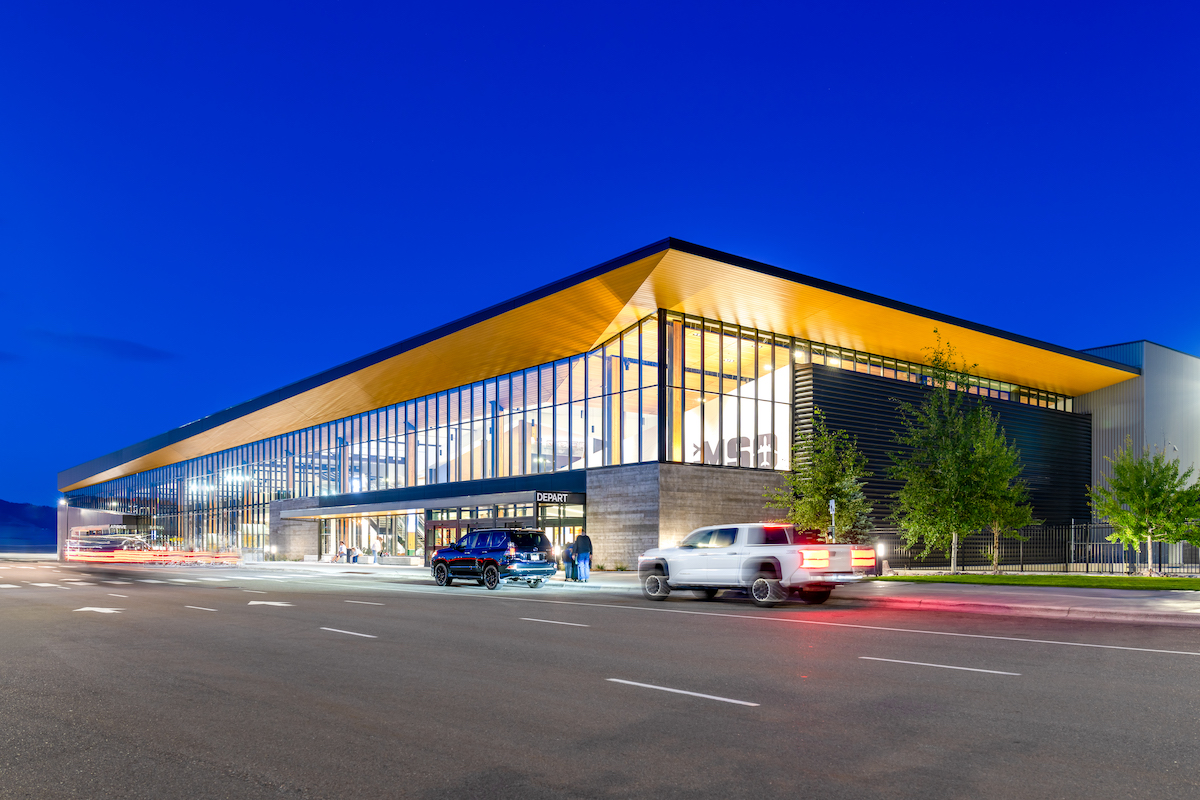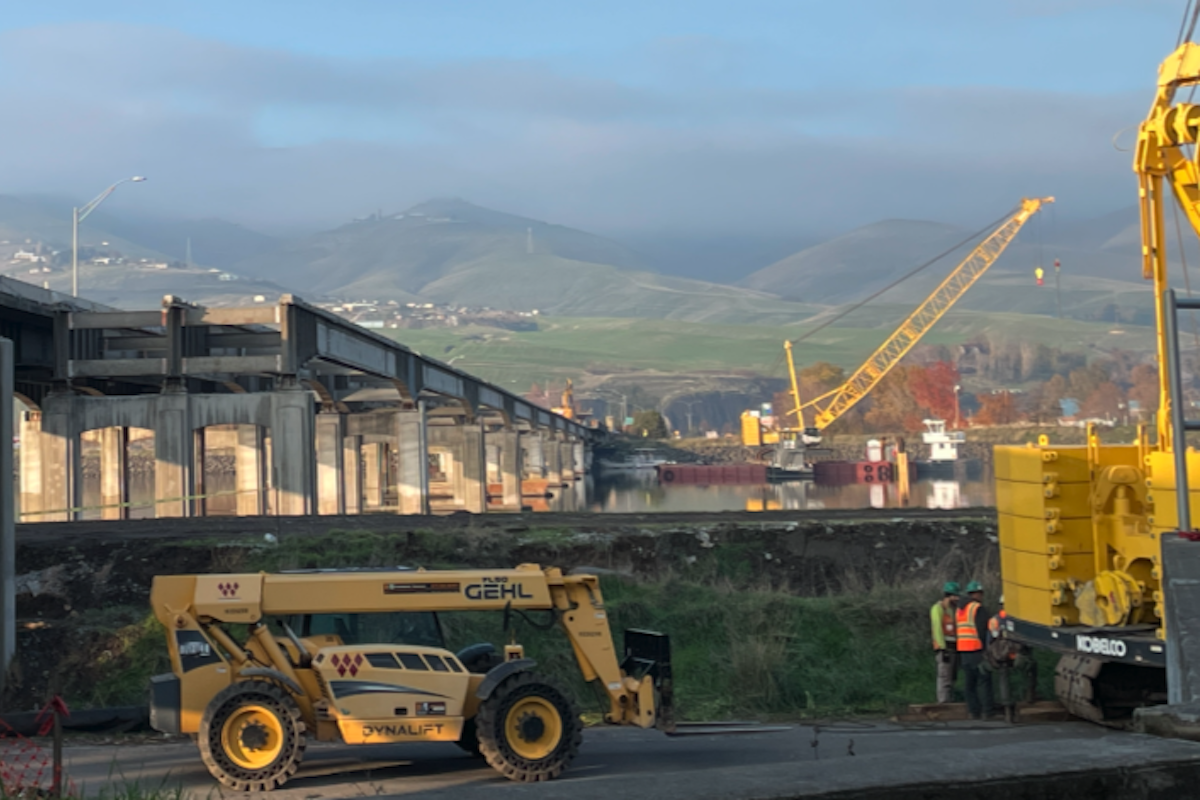Over the past year, employment growth in the construction industry (up 2.9 percent) has outpaced the average growth across all industries (1.2 percent). The relatively strong performance in construction is somewhat undercut by overarching labor struggles that increasingly pressure businesses within the sector. The region's labor force totaled 7.1 million in March of 2024, just 0.3 percent larger than the pandemic's start. Still, with construction employment increasing by 9.3 percent since the pandemic, alongside only a 1.4 percent increase in total jobs, the growth rate in construction is far outpacing the growth of the available labor force.
The implications of construction’s expansion are multifaceted in a landscape where skilled workers are increasingly hard to come by. While the heightened demand for construction services signals a thriving industry, it simultaneously drives wages upward and intensifies hiring competition, straining project budgets and completion timelines.
The construction segment of the national construction industry paints a bleak picture. Although buoyed by a sturdy quarter overall, it experienced a slight dip in spending, with a mere 1 percent increase over the full year. After factoring in inflation, this suggests a decline in real dollar investment. It is a potent example of the selective pressures bearing down on various construction market segments and further shades otherwise encouraging data within the local region.
In Marcum’s most recent construction survey analyzing Q4 of 2023, the Commercial Construction Index, Marcum Chief Construction Economist Anirban Basu suggested that price escalations have leveled off to offer some relief, particularly in the later parts of the year. Yet, despite these tailwinds, including global supply chain improvements and a reduction in global demand, commodity prices persist at levels approximately 38 percent higher than those seen at the pandemic's outset.

| Your local Metso Minerals Industries Inc dealer |
|---|
| PacWest Machinery |
| Westate Machinery Co |
The urgency to attract and retain skilled labor necessitates inventive hiring strategies, as seen in the latest Bureau of Labor Statistics Job Openings and Labor Turnover Survey analysis by Marcum LLP's National Construction Services Group. For contractors, that means doubling down on workforce development, apprenticeships, and community engagement efforts to entice the next generation into the trades while further developing the existing workforce.
While all eyes remain fixed on the Federal Reserve's monetary policies, the future hinges on more than FED actions. Marcum’s survey of the industry reveals that its leaders feel the need to stay alert and flexible in response to economic changes to sustain momentum and navigate through any forthcoming uncertainty.
In the region, the construction industry stands at a crossroads marked by steady growth figures and a labor force struggling to keep up with today’s rate of industry expansion. Dedicated efforts to cultivate a sturdy workforce, embrace innovative recruitment methods, and remain nimble amid economic flux could steer the regional industry toward prosperity. However, confronting the workforce challenge directly remains a priority for a regional construction industry with a growth rate that’s outstripping other sectors and suffering from a lack of available labor.
He has extensive experience advising on mergers, acquisitions, and divestitures. He has served as a Technical Reviewer for the American Institute of Certified Public Accountants’ (AICPA) construction audit and taxation guides for more than two decades and chaired the AICPA National Construction Program Conference Committee from 2012 to 2014.














